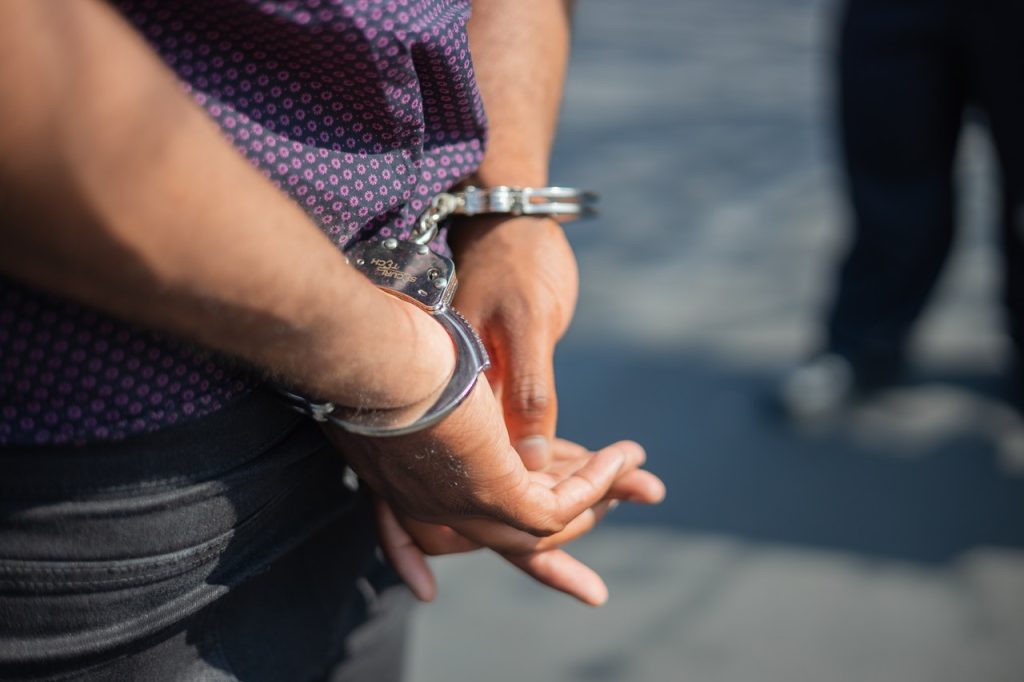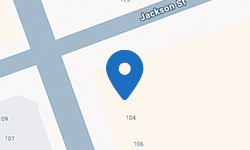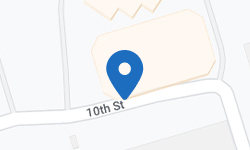The Right and Wrong Things to Do When Arrested

Knowing the right and wrong things to do when arrested in Long Island can prevent a bad situation from becoming much worse.
Being arrested for any criminal offense instantly means that your future rights, privileges, and freedoms could be in jeopardy. It is not a situation to take lightly.
But you do have rights after you are arrested and it’s important to understand what they are, how to assert them, and how to recognize if these rights are violated.
You also need to avoid saying or doing anything that could harm your defense against a potential criminal charge.
Many people get arrested on suspicion of a crime they didn’t commit. Others make genuine mistakes or commit criminal offenses without intent. The guidance of a criminal defense lawyer is critical regardless of the reason why you were arrested.
Here is what you need to know about what happens after an arrest and what you should and shouldn’t do—in case you are ever arrested in New York.
What happens during a New York arrest?
During a lawful arrest in New York, a person with proper legal authority arrests another individual. This deprives that person of his or her freedom of movement.
In the majority of cases, an arrest is made by a police officer. Having the legal authority to arrest a person may require an arrest warrant. However, if there is probable cause of a crime having been committed or about to be committed or “exigent circumstances” are present at the time of the arrest, no warrant is required.
Probable cause is a reasonable belief on the part of the law enforcement officer that the person is guilty of a crime based on the information available before the arrest. In many DUI cases, for example, probable cause may be a driver driving erratically and this may lead to an arrest. No warrant is required for such an arrest.
Another good example is where an arrest is made on someone suspected of a crime who tries to flee or is about to destroy evidence of a crime. In this case, a warrant is generally not required and the suspect can be arrested on the spot by a law enforcement officer.
The arrested suspect will be handcuffed and taken to a police station for questioning and processing, he or she is entitled to prompt judicial determination usually made within 48 hours.
The RIGHT Things to do if Arrested
Knowing your rights after an arrest can help you do the right things and prevent the situation from deteriorating. Because of the stress of the situation, many people make unintentional mistakes or take steps that are best avoided.
The first thing to do is to make a note of the officers’ badge numbers and patrol car numbers. Try to identify any witnesses and, if possible, get their contact information.
Next, follow these steps to prevent more serious issues:
- Be polite, respectful and remain calm.
- Stay silent as much as possible: the less you say, the better. Generally, what you say after an arrest is only likely to get you into more trouble. Politely give your name and address to the police officer.
- Ask to speak to an attorney: you don’t have to answer any questions from the police until your criminal defense attorney is present.
- Wait until your attorney is present before submitting to testing procedures (like blood tests for a DUI).
- Take pictures of any visible injuries suffered during the arrest process and seek immediate medical attention.
The WRONG Things to do if Arrested
It’s just as important to know how to avoid “criminalizing” yourself after an arrest.
Here’s what not to do if you are arrested in New York:
- Don’t raise your voice, antagonize the police, or act belligerently towards them.
- Don’t touch law enforcement or resist arrest in any way or you may face additional charges.
- Don’t discuss the details of the incident even to protest your innocence.
- Don’t allow the police to enter your home to conduct a search or to search your vehicle or belongings—you are within your rights to refuse.
- Don’t leave your home if the police come knocking unless they have an arrest warrant.
- Don’t mistakenly believe that the police officer is on your side—remain silent until your attorney arrives.
- Don’t allow police to enter your home even if they arrest you outside and you need to collect your belongings. Once invited inside, they may search your home.
What to expect as a juvenile or under-18-year-old?
If you are arrested in New York as a juvenile or a person aged 16 or 17, the arresting officer must immediately inform your parent(s) or legally responsible person of the arrest. Otherwise, as a juvenile, you have the same rights as an arrested adult, i.e., to remain silent and have an attorney present.
Contact a Long Island Criminal Defense Lawyer
The bottom line? It is much easier to defend against charges if you follow the above advice after an arrest in New York.
Richard Hochhauser, DWI & criminal lawyer, has helped many suspects accused of criminal offenses get released and can help you if you are arrested in Long Island.
Call 516-939-1529 or book a free consultation now.









